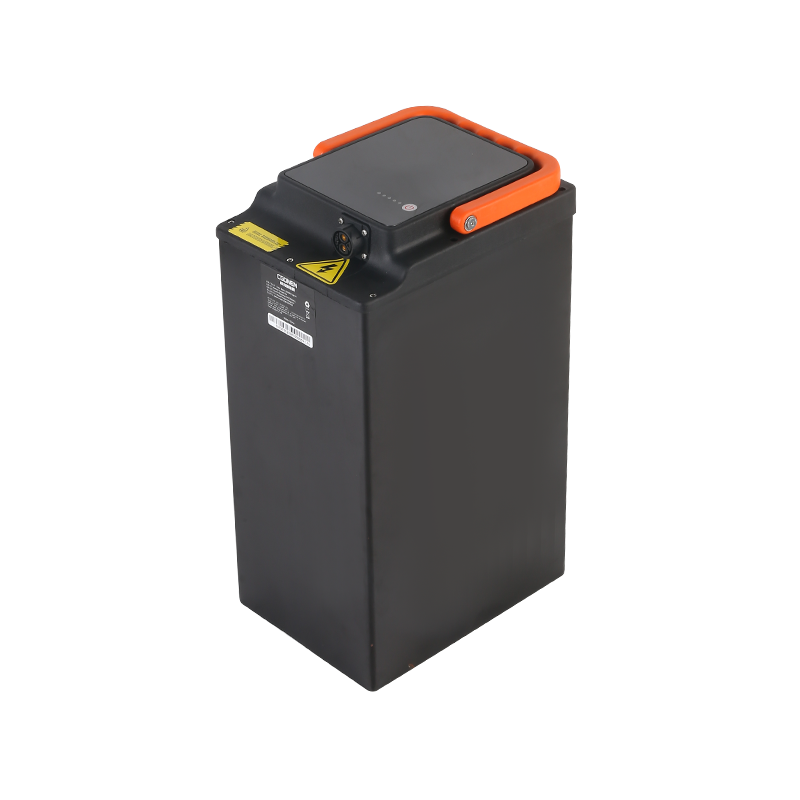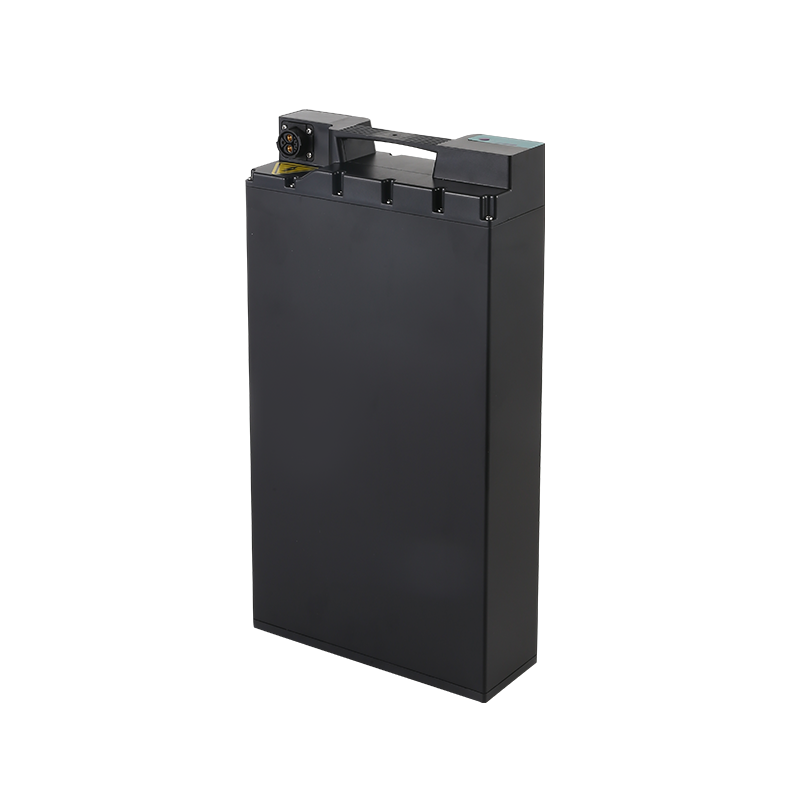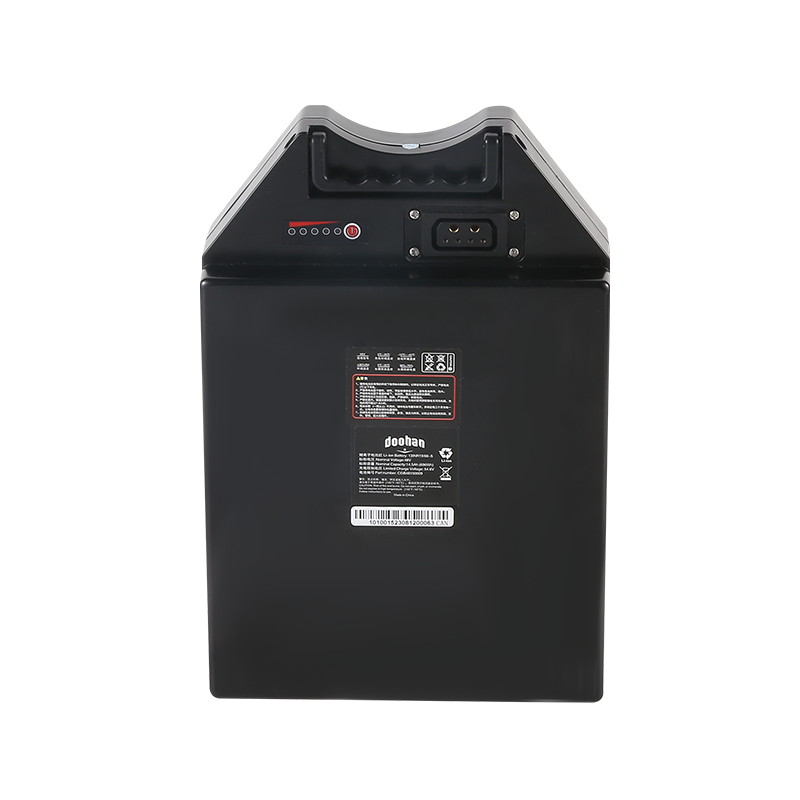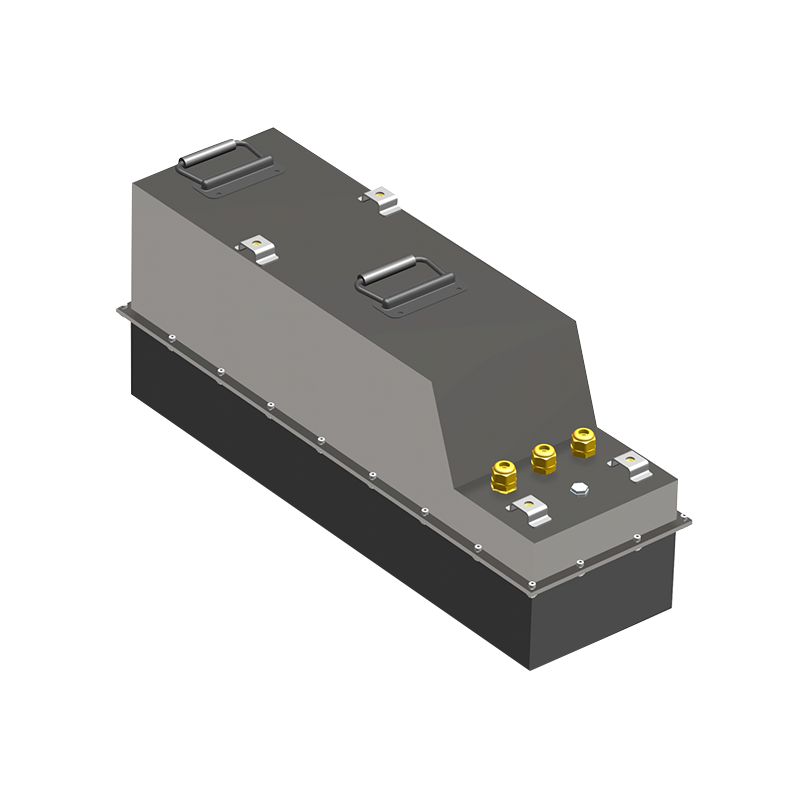Web Menu
Product Search
Exit Menu
Understanding Cylindrical Cell Modules in Energy Storage Systems
Cylindrical Cell Module Manufacturing Supplier Maker
Cylindrical cell modules play a pivotal role in modern energy storage systems, offering efficient and reliable solutions for storing electrical energy. These modules, characterized by their cylindrical shape and integrated cell configurations, are widely utilized in applications ranging from portable electronics to electric vehicles and grid-scale energy storage.
Cylindrical cell modules consist of individual cylindrical cells that are interconnected to form a larger module. Each cylindrical cell typically comprises several key components:
Cylindrical Enclosure: The outer casing of the cell is usually made of metal, such as aluminum or steel, providing mechanical support and protection for the internal components.
Electrodes: Inside the cell, electrodes (anode and cathode) are wound in a spiral or stacked configuration. These electrodes are coated with active materials that facilitate the electrochemical reactions during charge and discharge cycles.
Separator: A separator made of porous material, such as polyethylene or polypropylene, is placed between the electrodes to prevent short circuits while allowing the passage of ions during battery operation.
Electrolyte: A liquid or gel electrolyte fills the space between the electrodes, facilitating the movement of ions between the electrodes during the charging and discharging processes.
Cylindrical cell modules operate based on electrochemical principles, where energy is stored and released through redox reactions at the electrodes. During charging, ions (typically lithium ions in lithium-ion batteries) move from the cathode to the anode through the electrolyte, storing energy. Conversely, during discharging, the ions reverse direction, generating an electrical current that can power devices or systems.
Cylindrical cell modules find extensive applications across various industries and sectors:
Consumer Electronics: They are commonly used in smartphones, laptops, and wearable devices due to their compact size, high energy density, and reliability.
Electric Vehicles (EVs): Cylindrical cell modules are integral components of electric vehicle batteries, providing the energy storage capacity necessary for extended driving ranges and efficient performance.
Grid-Scale Energy Storage: In renewable energy systems and grid-scale applications, cylindrical cell modules help store excess energy generated from sources like solar and wind power, supporting grid stability and enabling energy load management.
The adoption of cylindrical cell modules offers several advantages:
High Energy Density: Cylindrical cell modules typically feature high energy density, allowing them to store large amounts of energy relative to their size and weight.
Scalability: They can be easily scaled up or down by connecting multiple modules together, making them versatile for different energy storage capacities and applications.
Durability and Longevity: With proper maintenance, cylindrical cell modules can have a long operational life, making them cost-effective solutions for energy storage over their lifespan.
Fast Charging Capability: Many cylindrical cell designs support fast charging technologies, enabling quick replenishment of energy for devices or vehicles.
Despite their advantages, cylindrical cell modules face challenges such as:
Safety Concerns: Issues related to overheating, thermal runaway, and battery management system failures require robust safety measures and monitoring systems.
Environmental Impact: The disposal and recycling of battery materials pose environmental challenges, necessitating sustainable practices in battery manufacturing and end-of-life management.
The future of cylindrical cell modules is poised for advancements in several areas:
Materials and Design: Continued research into new electrode materials and manufacturing techniques aims to improve energy density, cycle life, and safety.
Integration with Renewable Energy: Enhanced integration of cylindrical cell modules with renewable energy sources will support the transition to sustainable energy systems.
Smart Battery Technologies: The development of smart battery management systems (BMS) and predictive analytics will optimize battery performance and prolong lifespan.
-

+86-13049701086
-

Stonehuang@CGONEN.com
-

No.88, Huji Road, Taizhou Bay Binhai New Area, Jiaojiang District, Taizhou City, Zhejiang Province, China











